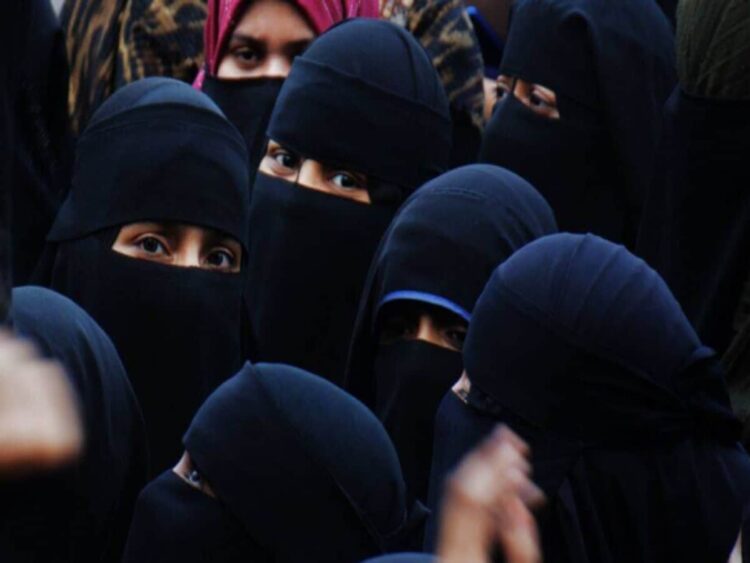Uttarakhand has become the first state to implement the Uniform Civil Code in the country. Uttarakhand CM Pushkar Singh Dhami informed about it a day before. After the implementation of the Uniform Civil Code, a similar law has come into force for people of all castes and religions except the tribal community. Laws of various religions will no longer be valid in Uttarakhand, especially in cases like marriage and divorce.
While new rules have been made under the Uniform Civil Code, many old rules have also been retained. Especially the laws set for marriage, divorce, succession and live-in relationship are in discussion. The state government has tried to bring people of all religions and castes under the purview of equal law through new rules. In such a situation, let us know what is the whole process of how the people of the Muslim community will be able to divorce after the implementation of the Uniform Civil Code in Uttarakhand.
Individual and family matters of Muslims such as marriage, divorce, heritage and maintenance are ruled under the Islamic law under the Muslim Personal (Sharia) Application Act, 1937. However, after the implementation of uniform civil law, Islamic law will not apply to these matters. The minimum age of marriage in the UCC was 18 years for girls and 21 years for boys. In such a situation, marriage of Muslim girls will not be possible before the age of 18. The Islamic law did not specify the age of adulthood for girls. Also, girls of all religions will also get authority in property.
Three divorces in the Muslim community were banned long ago. This law is applicable across the country. Despite this, there are other types of divorce in Islam, including divorce-e-Hasan, Divorce-e-Ahsan, Divorce-e-Bine or Divorce-e-Kayaya. Legally Muslims will also have to go through the process of divorce. Divorce cannot be applied immediately after marriage. They have to complete a period of one year. Only then can a divorce application be filed in the court. Like Hindus, the basis of divorce for Muslims will be the same for both husband and wife. Whether it is a Hindu or a Muslim, if he is married, he will not be allowed to marry without divorce.










